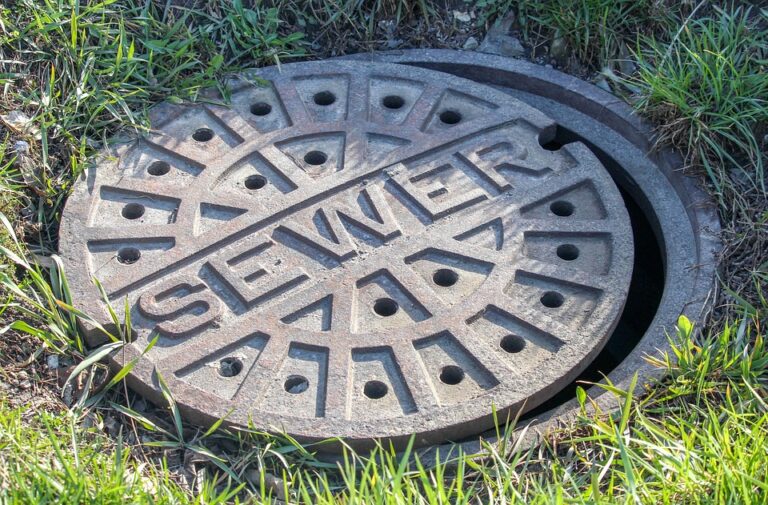Sewer backups are a serious plumbing issue and can require costly and time-consuming repairs. If you’re worried about a potential sewer backup repair in your home, here are the signs to look for and common reasons why a sewer backup may occur.
What Are Sewer Backups?
Sewer backups occur when an item or debris blocks the normal flow of water from your house to the sewer system. This in turn causes sewage to back up into your home.
A clogged sewer drain can impact the plumbing throughout your entire home, causing significant damage and major headache. If the blockage is severe enough, the raw sewage may back up out of your drains.
Before that happens, you may notice other signs of a sewer backup:
- Your toilet won’t flush or plunge
- There’s bubbling when your toilet is flushed or when your sink is drained
- One piece of plumbing, such as your toilet, causes backups in other plumbing
- You find seepage at the basement floor drains
- Your drains have a foul smell
- There is more than one drain that is clogged
If you are noticing any of these symptoms of a sewage backup, speak to a professional plumber right away.
Common Causes of Sewer Backups
Determining the cause of the sewage backup is important in understanding how to fix the problem.
City Sewer Main Blockage
Municipalities are responsible for two types of pipelines: storm sewer systems and sanitary sewer systems. If a blockage occurs in either of these systems, the city is responsible for remedying the issue.
Blockages in these systems can be caused by either a broken sewer line or debris released from residential plumbing. City crews will determine whether the blockage is in the main or in the homeowner’s sewer line. If the issue exists in your home’s sewer line, you will have to pay to fix the blockage yourself.
Our professional plumbers at Peak Sewer are available to help with any sewage blockages on your property. Contact us today!
Broken or Collapsed Sewer Lines
Oftentimes, a broken or collapsed sewer line is caused by age. Older sewer pipes, and pipes that are not properly maintained are at risk of breaking or collapsing. If your pipes are new and well maintained, misaligned or offset pipes can result in breakages as well.
Tree Roots in the Sewer Line
By nature, tree roots seek moisture. If there are cracks in sewage pipes or joints, they will grow through the pipes and create a blockage. Once a root grows into a sewage line, it will inhibit flow and may even break the pipes.
To avoid issues with root blockages, locate your sewer lines before planting any trees in your yard and choose trees and shrubs with a smaller root base. If there are trees nearby, a physical barrier can be applied by a professional plumber in order to deter roots from growing through sewage pipes.
Blockages in Your Home’s Plumbing
If you’re not careful about what you flush down the toilet or rinse down the sink, you may end up with a blockage in your home’s plumbing.
Avoid flushing anything down your toilet except for bodily waste and toilet paper. This includes items such as baby wipes, paper towels and menstrual products.
You need to be careful with your kitchen sink as well. Leftovers, such as food debris and grease, can create a blockage in your sewer line.
Sewer Backup Repair Edmonton
If you are concerned about a sewage backup in your home, please contact us at Peak Sewer today. We dedicate ourselves to quickly and efficiently solving any and all drainage and sewer needs.

